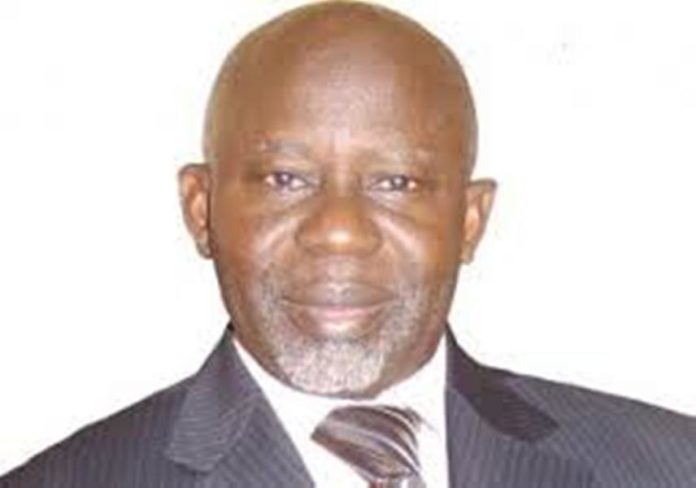By Yankuba Jallow / Makutu Manneh
The Supreme Court of the Gambia is set to deliver judgment in the case involving Ousainou Darboe and the Attorney General, in relation to the decision of the 2011 Commission of Inquiry on Tax evaders. Darboe’s Counsel Neneh M.C. Cham, told the Court that the lower Court was wrong to uphold the decision of a Tax Commission in relation to the reassessment of the earlier decision of the Commission; that it is nowhere expressly indicated in the Legal Notice, that the Commission has the power to reassess the decision.
Ousainu Darboe, Vice President of the Gambia, was said to be found liable on tax evasion for up to 2 million dalasi. Lawyer Cham said the legal notice did not constitute adequate reason(s) for the findings of the Commission; that Section 204 of the Constitution provides that where a Commission of Inquiry makes an adverse finding against any person, it shall at the time of submitting its report to the President, inform such persons of the findings and the reasons therefore; that Darboe was not informed about the findings of the Commission and therefore contends that the findings of the Commission are clearly inconsistent with the provision of the Constitution (Section 204).
“It is a mandatory requirement for the Commission to give the reason(s) as to how they have reached their finding(s). The Law makes it mandatory to inform the appellant (Darboe) as to the detail(s) of their finding(s),” she submitted.
She further argued that Darboe is not a tax defaulter because there is a requirement in the Elections Act (Section 42 (2), that each aspiring candidate shall tender their tax clearance certificates to the IEC before nomination. She urged the Court to set aside the adverse finding(s) of the Commission.
“The appellant is free from income tax liability up to November 2011, the time the Commission was set up,” she said; that apart from Darboe’s oral evidence and the documents he submitted before the Commission, no other consultation was made to her client as to how they came up with the figures in the finding(s) of the Commission.
On their part, the Solicitor General who appeared on behalf of the Attorney General, indicated that they have conceded as to the argument of the Appellant’s Counsel about the jurisdiction of the Commission; that it does not have the jurisdiction to reassess the matter. “We hereby concede as to the issue of jurisdiction as it relates to the reassessment of tax liability as was contained in the Commission’s findings,” Marenah submitted. He said the reassessment went outside the bounds of the jurisdiction or terms of reference of the Commission. “Reassessment was not envisaged in terms of reference of the Commission,” Marenah told the Court.
On the issue of Section 204 of the Constitution, Marenah told the Court that he would leave it in their hands to determine.
The matter was adjourned for judgement.
















